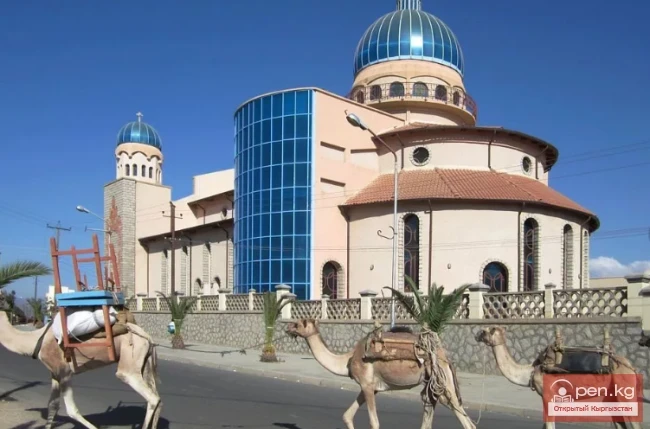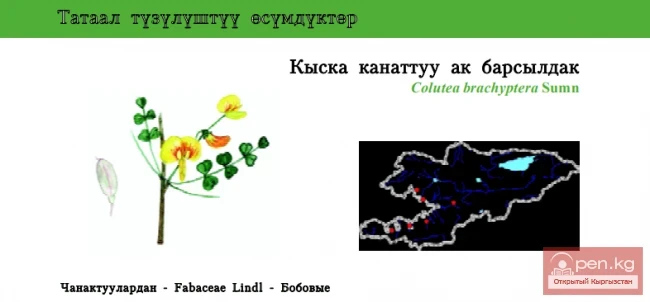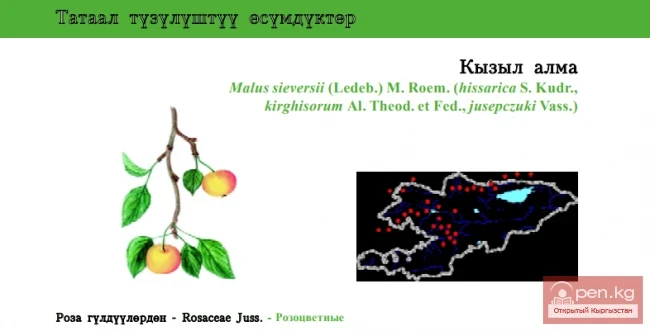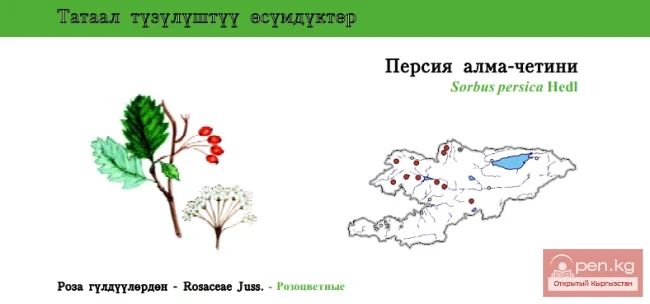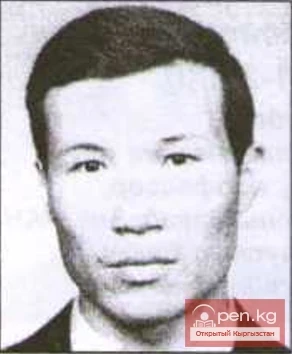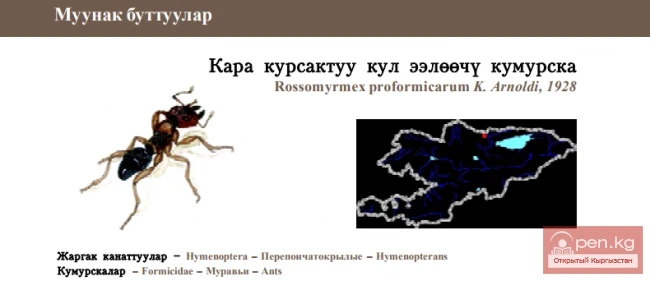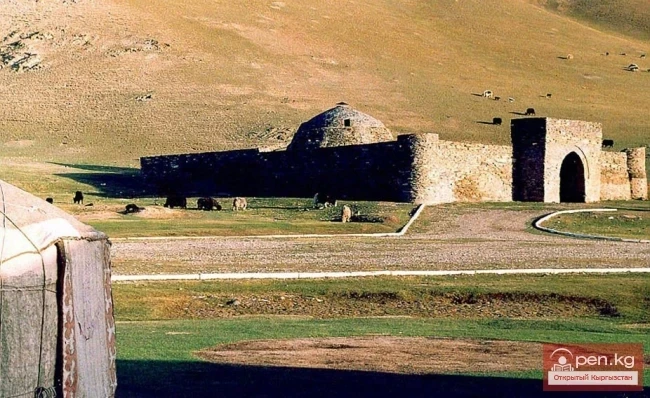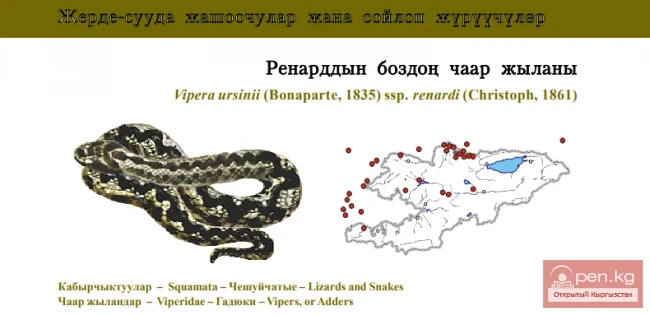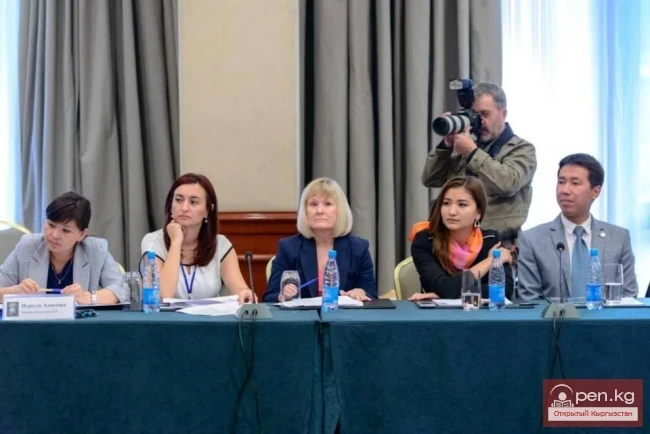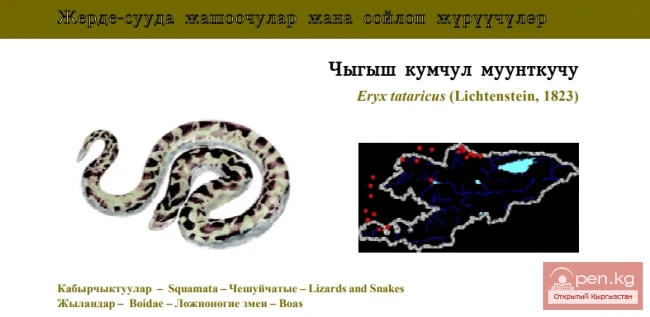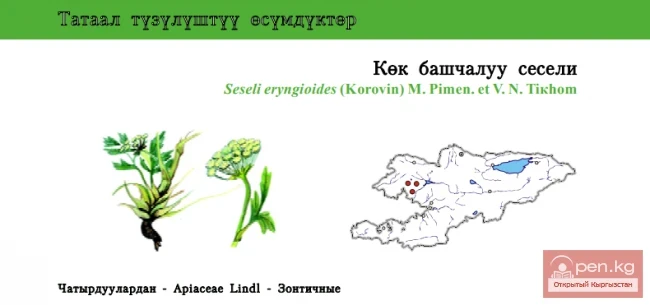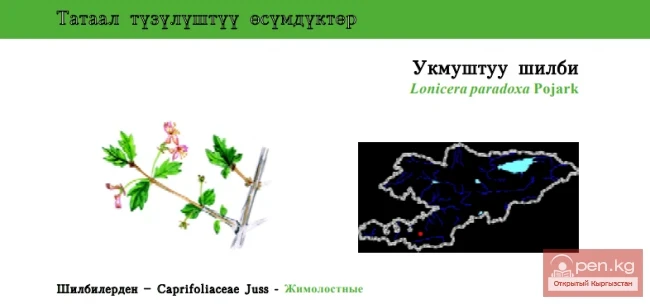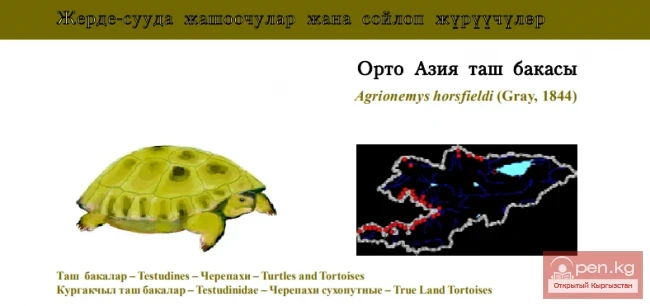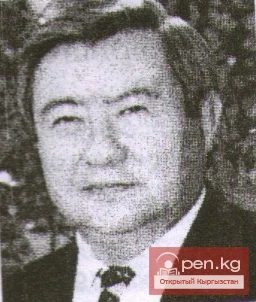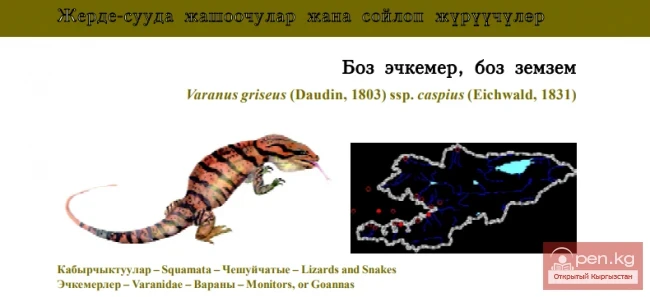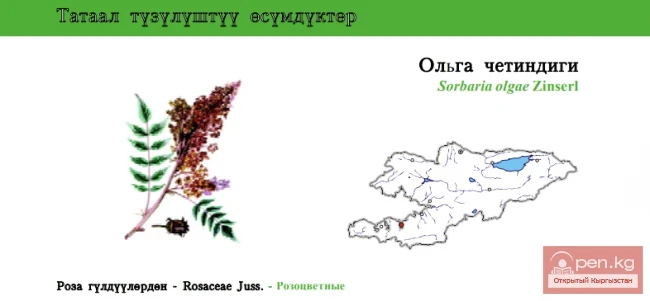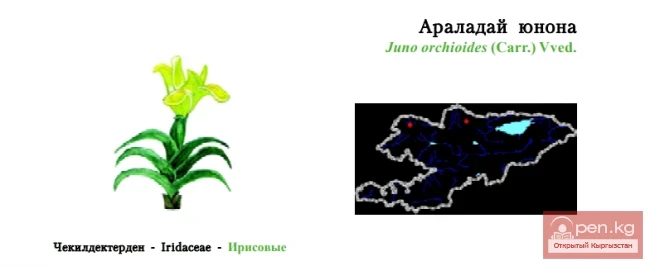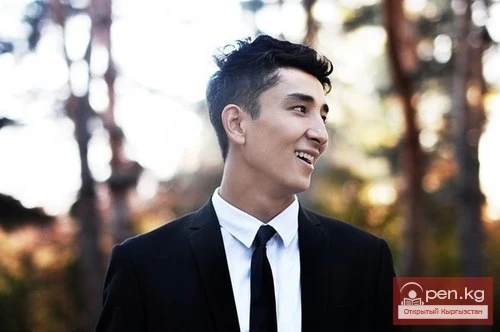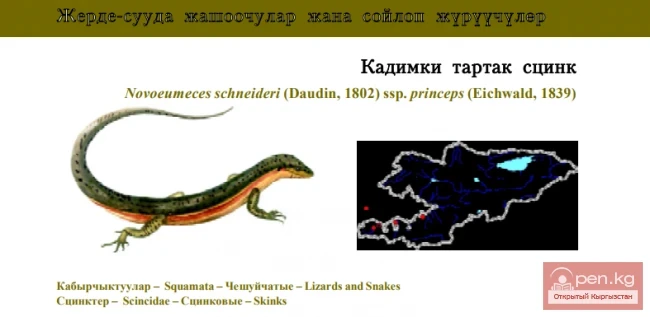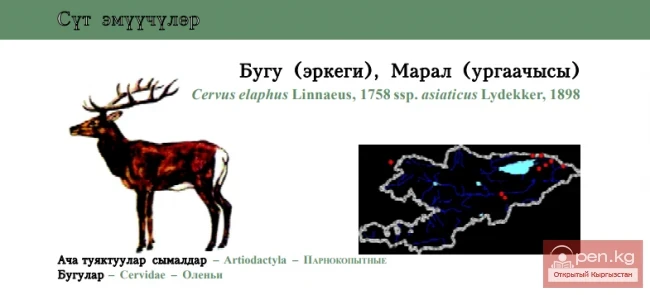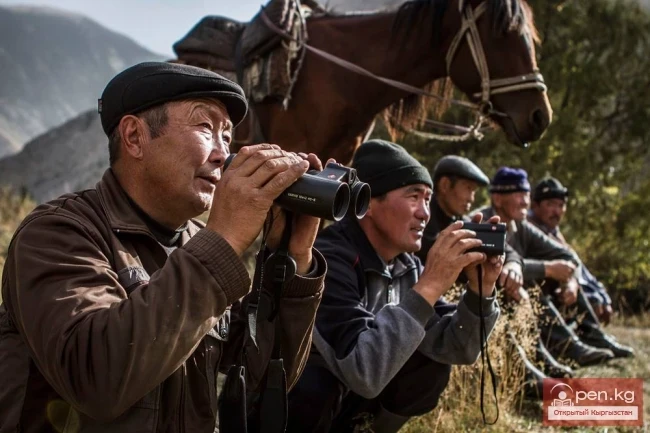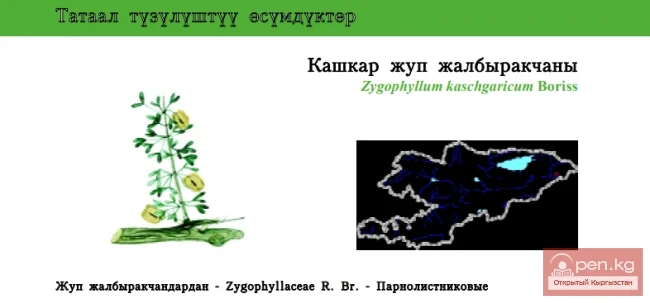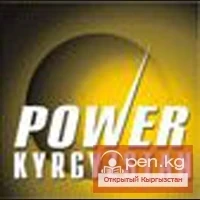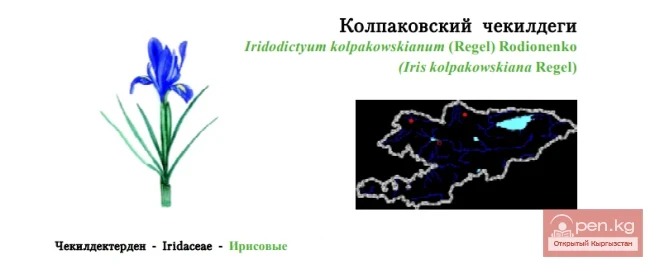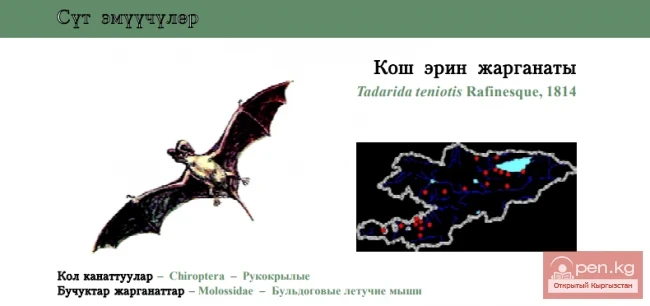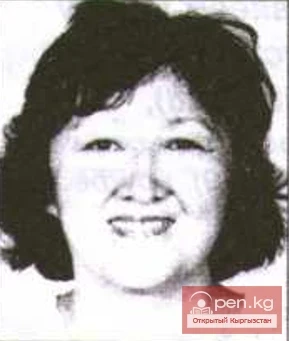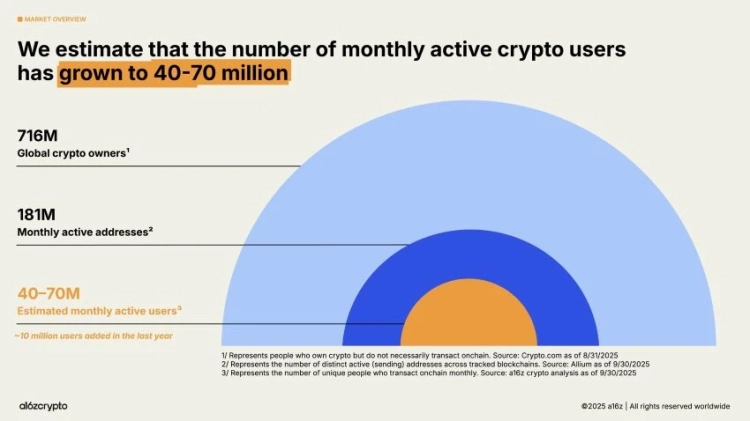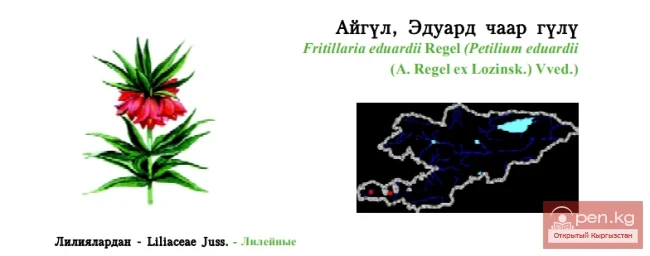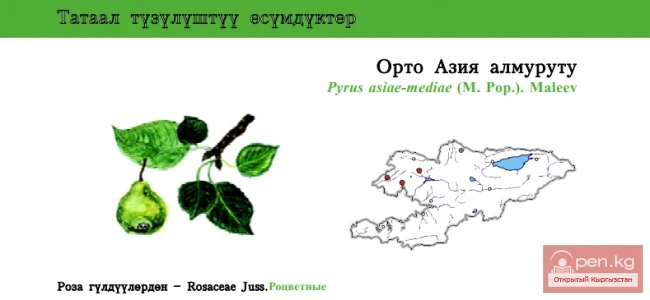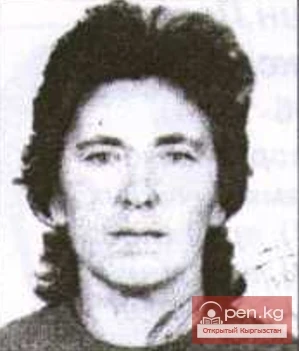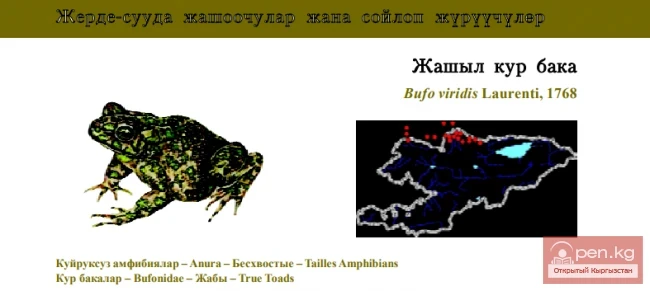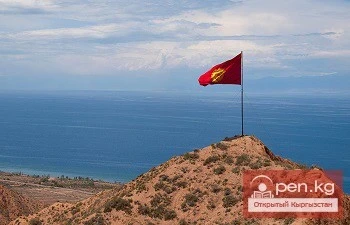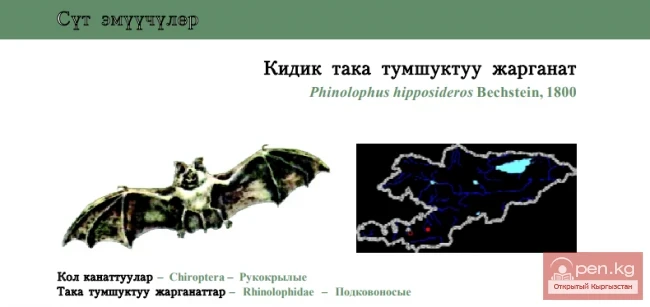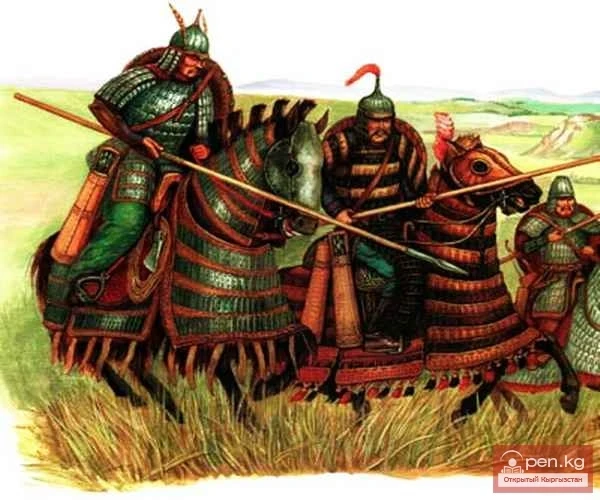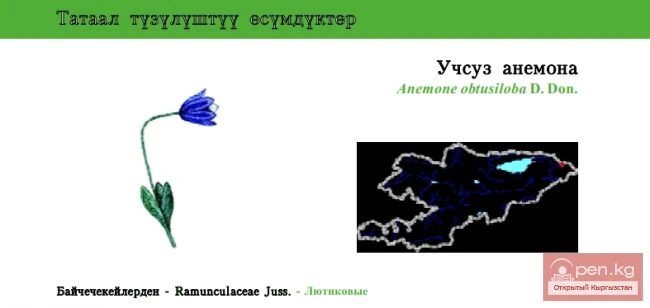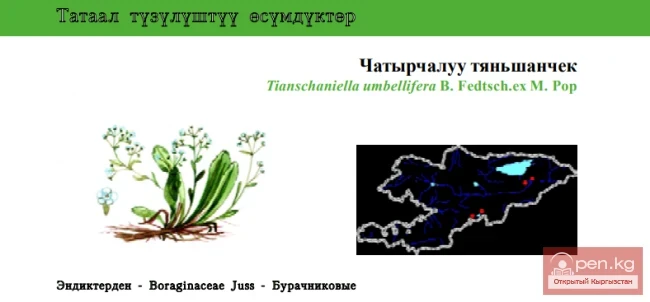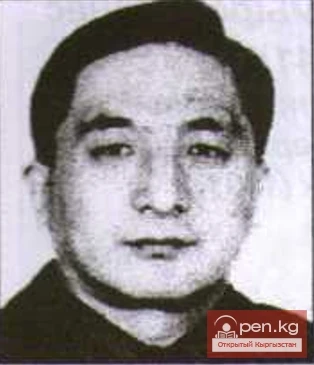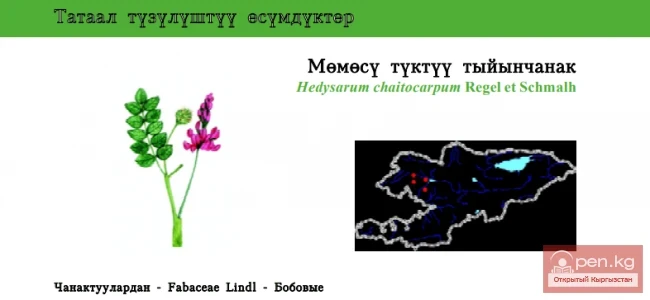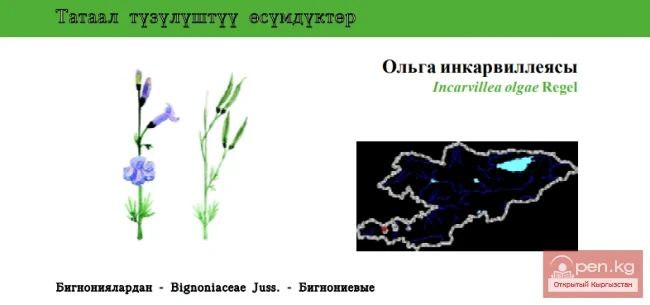ERITREA. State of Eritrea
A country in Northeast Africa, its coastline is washed by the Red Sea. Area - 125,000 km². Capital - Asmara (approx. 400,000), largest cities: Massawa, Assab. Administrative division - 6 regions. Population - 3.6 million (1995): Tigrinya, Tigre, Beni Amer, Saho, Afar, Rashaida, Bilen, Kunama, Nara, Gadarif. About 750,000 people live outside the country (0.5 million in Sudan). According to the constitution, there are no official languages; Tigrinya, Arabic, and English are widely spoken. Main religions: about 50% of the population profess Christianity (monophysite Christians), the other 50% are Sunni Muslims. Currency - Nakfa, 13.55 Nakfa = 1 USD.
Diplomatic relations with the Russian Federation were established on May 24, 1993.
National holiday - May 24 - Independence Day (1991).
Eritrea is a republic. Its head is the president (Isaias Afwerki), legislative power belongs to a unicameral parliament - the National Assembly, executive power - to the government headed by the president.
Part of the territory of present-day Eritrea was part of the ancient state of Aksum, which laid the foundation for the early feudal Ethiopian state formation in the 13th century. From the 16th to the mid-19th century, the coastal areas of Ethiopia were under the control of the Ottoman Turks. In 1868, the Turks transferred power in these areas to Egypt. During the colonial partition of Africa, Italy showed particular activity towards Ethiopia. After capturing Assab in 1869 and Massawa in 1885, the Italians began advancing into the northern part of Ethiopia. In 1890, Italy announced the establishment of its colony of Eritrea on the captured territories (the name comes from the Latin name for the Red Sea). During the years of Italian rule (1890-1941), a relatively developed economic infrastructure was created in Eritrea. The overall cultural level of the population increased.
During World War II, the British expeditionary force operating in East Africa defeated the Italian troops.
Eritrea was liberated by Anglo-Ethiopian forces. From 1941 to 1945, Eritrea was under the control of the British military administration. From 1945 to 1952, it was under UN trusteeship administered by Britain.
In 1950, based on the recommendation of the 5th session of the UN General Assembly, Eritrea was declared an "autonomous unit within a federation with Ethiopia and under the sovereignty of the Ethiopian crown." According to this resolution,
Eritrea was joined to Ethiopia on a federal basis in 1952. In 1952, elections were held in Eritrea for parliament, and a constitution was adopted. However, according to the Ethiopian constitution of 1955, Eritreans were deprived of fundamental rights - freedom of speech, press, assembly, etc., contrary to the UN General Assembly resolution. The parliament elected by Eritreans was dissolved, and deputies of the new composition were appointed by the governor of the Ethiopian emperor. In 1962, this parliament voted to abolish Eritrea's federal status, and the Ethiopian parliament voted for its inclusion in Ethiopia as a province. At that time, the armed struggle of the Eritrean Liberation Movement (established in 1958) against the imperial army intensified. In 1970, the Eritrean Liberation Front (ELF) emerged from Eritrean movements, which eventually became the most powerful military-political organization fighting for the country's independence. In 1980, the ELF raised the issue of holding a referendum in Eritrea under the auspices of the UN on its self-determination. The idea of a referendum was rejected by the Ethiopian leadership. Since 1987, Eritrea has been an autonomous region of Ethiopia.
In 1989, the ELF and the People's Front for the Liberation of Tigray (TPLF) operating in the neighboring province intensified military actions and forced the government army to go on the defensive. On May 24, 1991, the ELF occupied Asmara and established control over the entire territory of Eritrea.
In July 1991, the ELF participated as an observer in the national conference organized in Addis Ababa by the newly established Ethiopian People's Revolutionary Democratic Front (EPRDF) on the transition to peace and democracy in Ethiopia. Among the most important documents, the conference adopted a Declaration on Eritrea, which recognized the right of its peoples to self-determination. In April 1992, the Provisional Government of Eritrea (PGE), formed on the basis of the ELF, adopted a law on holding a referendum on Eritrea's future. In the referendum held from April 23 to 25, 1993, 99.8% of participants voted for Eritrea's independence.
On May 24, 1993, an official ceremony proclaiming Eritrea's independence took place in Asmara.
Since 1993, Eritrea has been a member of the UN and the AU (since 2002 - the African Union).
New authorities were formed in the country: the National Assembly of Eritrea (legislative authority), the State Council - the government (executive authority). At its first meeting on May 21, 1993, the National Assembly elected the General Secretary of the ELF and PGE, Isaias Afwerki, as the president of Eritrea. The composition of the government formed by him is subject to approval by the National Assembly. In 1994, the ELF was transformed into the Eritrean People's Front for Democracy and Justice (EPFDJ), with Isaias Afwerki as its chairman.
On May 23, 1997, the country's constitution was adopted, which effectively confirmed the state structure based on presidential rule.
In May 1998, due to a border dispute between Eritrea and Ethiopia, conflict erupted again, leading to casualties and destabilization of the situation in the subregion. The UN Security Council called for an end to the conflict and offered assistance in resolving relations. In May 2000, the UN Security Council imposed a military embargo on both countries for a period of 1 year, which was repeatedly extended. On June 18, 2000, an agreement to cease hostilities was signed in Algiers. In July, the UN Mission in Ethiopia and Eritrea (UNMEE) was established, and from September 2000, a UN peacekeeping contingent was deployed in a temporary security zone 25 km wide (along the Ethiopian-Eritrean border). On December 12, 2000, in Algiers, with the mediation of the UAE, Algeria, the USA, and the European Union, the Ethiopian-Eritrean peace agreement was signed, and a number of commissions were formed, including for the delimitation and demarcation of the state border. Despite international mediation, tensions remain in relations between the two countries.
Eritrea is one of the least developed countries economically. GDP per capita is around 100 USD. The economy is primarily based on agriculture (crop production and livestock), which employs about 80% of the population, providing 50% of GDP and up to 70% of exports. The country has over 1,200 industrial enterprises and workshops. Main industries: oil refining (a plant in Assab with a capacity of up to 800,000 tons of oil per year was built with the help of the USSR), textile, leather and footwear, garment, food processing, woodworking, and chemical. Sea salt is extracted.
Gold, copper, iron ore, nickel, chromium, mica, and titanium deposits have been discovered. Oil deposits have been identified on the shelf. Fish stocks are significant.
Eritrea has 2 seaports, and Asmara has an international airport.
The literacy rate in the country is 30%. The government oversees a university (in Asmara) and over 300 schools. 20% of schoolchildren study in private schools.
Several newspapers are published in Eritrea (the government one is "Hadas Eritrea"). Television and radio broadcasting is conducted in the languages of the 9 main ethnic groups of the country, and the programs are mainly informational in nature.
